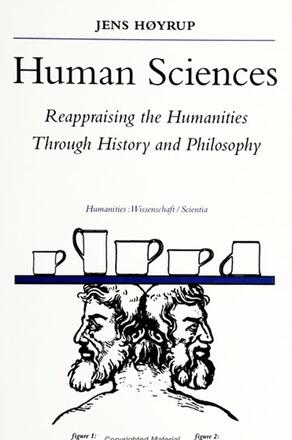
Human Sciences
Reappraising the Humanities Through History and Philosophy
Alternative formats available from:
Offers historical and philosophical arguments for treating the humanities as sciences.
Description
Human Sciences assesses the importance and value of the humanities historically and philosophically, and makes the case for treating them as sciences. Through careful examination of the characteristics they share with the natural and social sciences, as well as what distinguishes them from other scientific fields, the book argues that the humanities may be seen to correspond with the German/Latin Wissenschaft/scientia—that is, as systematic, organized bodies of knowledge, rather than as branches of knowledge that should necessarily emulate the quantitative and experimental approach of the natural sciences. After analyzing the humanities from historical and philosophical perspectives, the book presents a general philosophy of science that results from an analysis of the features that are shared by the humanities and the natural and social sciences, and then applies some of these insights to philosophical problems of particular relevance for the humanities, such as moral philosophy and the relation between art and cognition.
Jens Hoyrup is Professor in the Section for Philosophy and Science Studies at Roskilde University in Denmark and the author of In Measure, Number, and Weight: Studies in Mathematics and Culture, also published by SUNY Press.
Reviews
"The originality of the work is unquestionable. It is the product of deep learning and reflection, and it provides a fresh look at the development of and the prospects for the humanities. " — Lewis Pyenson, coauthor of Servants of Nature: A History of Scientific Institutions, Enterprises, and Sensibilities
"This is an extremely timely subject, especially as the value and importance of the humanities have recently come into question so prominently in the national press. It is a continuing concern of higher education, especially as colleges and universities face increasing pressure to stress professional and scientific education. The question of how the humanities should serve to prepare students and the public at large for the many challenges life provides is one reason this book is of considerable interest. " — Joseph W. Dauben, The Graduate Center, The City University of New York